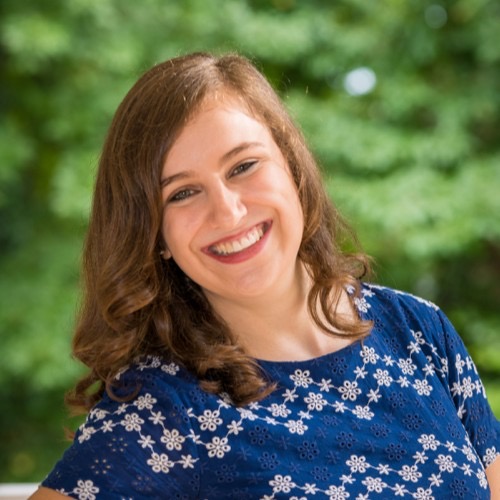By Talya Gordon
As I recited the Havdalah ceremony this week, a traditional ritual separating the Jewish sabbath from the rest of the week, my body tensed up and my heart started racing. I took a deep breath to ground myself in the moment, smelling the incense and looking up at the bright braided candle illuminating the room. I closed my eyes and began to recite the blessing that concludes the ceremony, “Baruch Ata Adoni Hamavdil Bein Kodesh L’chol.” Blessed are you, Lord our God, King of the universe, who makes a distinction between the holy and the profane.
As the sabbath ended, I instinctively ran to turn on the electronic devices I had not used for the past 24 hours. My hands shook as I turned on my phone; my mind catapulted back to last week, when after the sabbath, I learned four Jews had been taken hostage while praying in a synagogue. This week, I found myself frantically checking every news source to be sure another horrendous act had not befallen my fellow Jews during our day of rest. Even when I couldn’t find any news, I still felt a lingering sense of uneasiness.
As the days go by, that uneasiness remains at the back of my mind. While I have compartmentalized the horror I felt at the time by comforting myself with the knowledge that each of the hostages was safely released, I still feel anxious. This anxiety is enmeshed with feelings that were triggered several years ago when 11 individuals were killed in the Tree of Life shooting. Every antisemitic act, whether it is in America or somewhere else in the world, evokes these feelings. And while threats force our brains to revert to survival mode, when the acute threat has subsided, we must process the collective pain and trauma that anti-Semitism elicits in each Jewish person.
Gilad Hirschberger (2018) defines collective trauma as a “a cataclysmic event that shatters the basic fabric of society.” Collective trauma can also be thought of as “a blow to the basic tissues of social life that damages the bonds attaching people together and impairs the prevailing sense of communality” (Erikson, 1976). Both Hirschberger’s and Erikson’s definitions poignantly convey the pervasive impact collective trauma can have on a community, since the trauma causes the affected group to feel fear and distrust toward the rest of society. With our inability to comprehend why the Colleyville, Texas, incident occurred, we feel powerless, isolated and scared.
Collective trauma can eventually become part of a cultural identity, a narrative and a way of viewing a social group. This is certainly true for Jews; the Jewish story is told as one filled with trials and tribulations, with many groups that tried to annihilate us, persecute us, or silence us. This narrative has strengthened the desire to perpetuate the Jewish tradition, but it has also forced us to remain in survival mode for most of our existence. How can we begin to heal from the trauma that is intrinsic in being a Jew?
The healing process for trauma is highly individualistic, and we all cope in different ways. But this is an important moment for Jews to lean on each other to heal, process and provide comfort to one another. This is also a critical time for non-Jews to reach out to tell us you see our pain, so we know we are not alone. The wound created in Colleyville was unfortunately not new to the Jewish people, but maybe our approach to healing from our collective trauma can change. Even if you did not know anyone in that synagogue, if you are Jewish, give yourself permission to process the complex feelings the Colleyville incident may have triggered in you. Reach out to the leaders in your Jewish community, a mental health provider or loved ones for support. Processing our collective trauma will not happen overnight, but we must start somewhere. We must allow ourselves to slow down, feel our emotions and contextualize our experience within the lens of intergenerational collective trauma.
References:
- Hirschberger G. (2018). Collective Trauma and the Social Construction of Meaning. Frontiers in psychology, 9, 1441. https://doi.org/10.3389/fpsyg.2018.01441.
- Erikson K. T. (1976). Everything in its Path. New York, NY: Simon and Schuster.
———
 Talya Gordon is working on her PhD in clinical health psychology at the Ferkauf Graduate School of Psychology, part of Yeshiva University in New York. A native of Atlanta, Talya grew up with South African Jewish parents who imbued her passion for serving the Jewish community.
Talya Gordon is working on her PhD in clinical health psychology at the Ferkauf Graduate School of Psychology, part of Yeshiva University in New York. A native of Atlanta, Talya grew up with South African Jewish parents who imbued her passion for serving the Jewish community.

